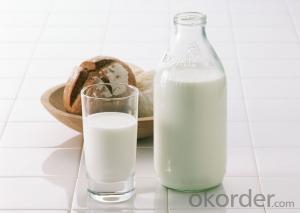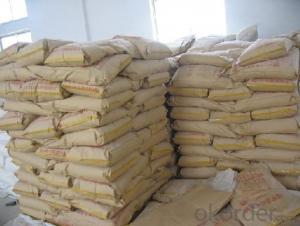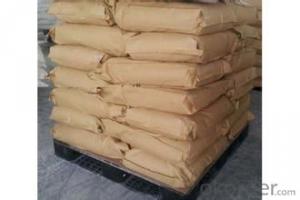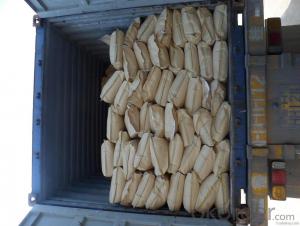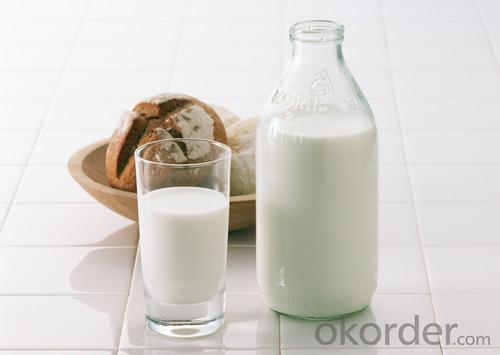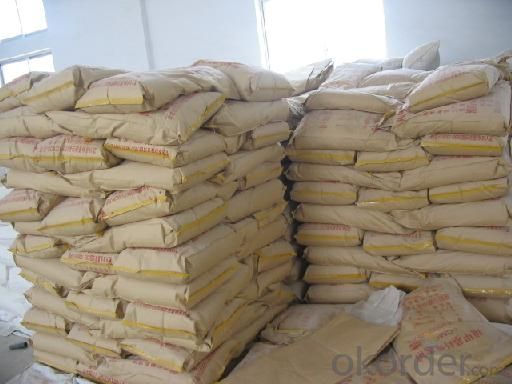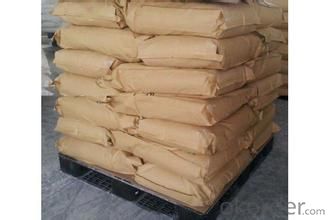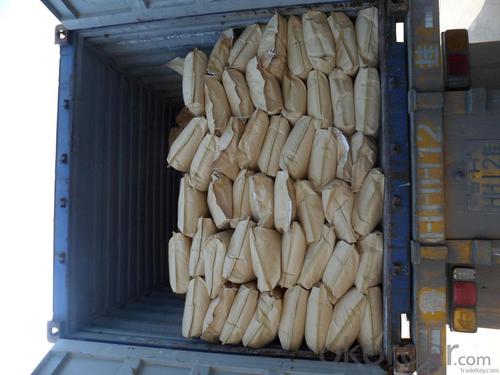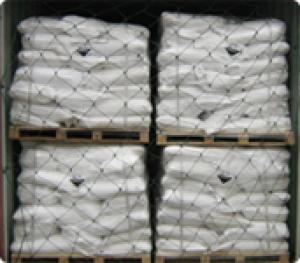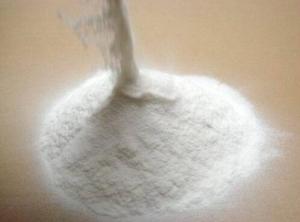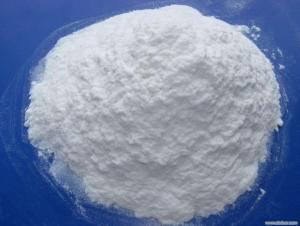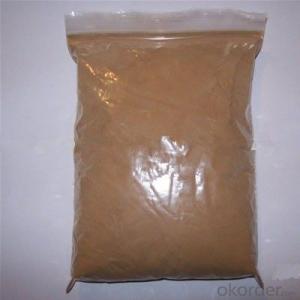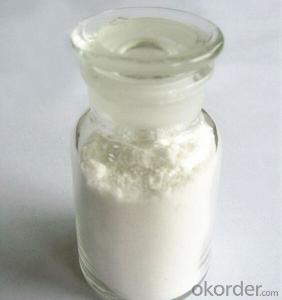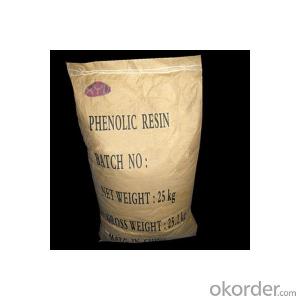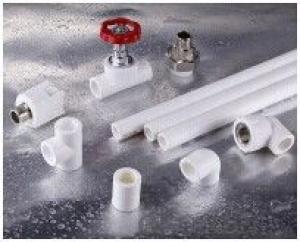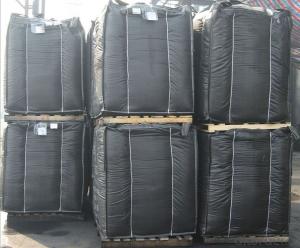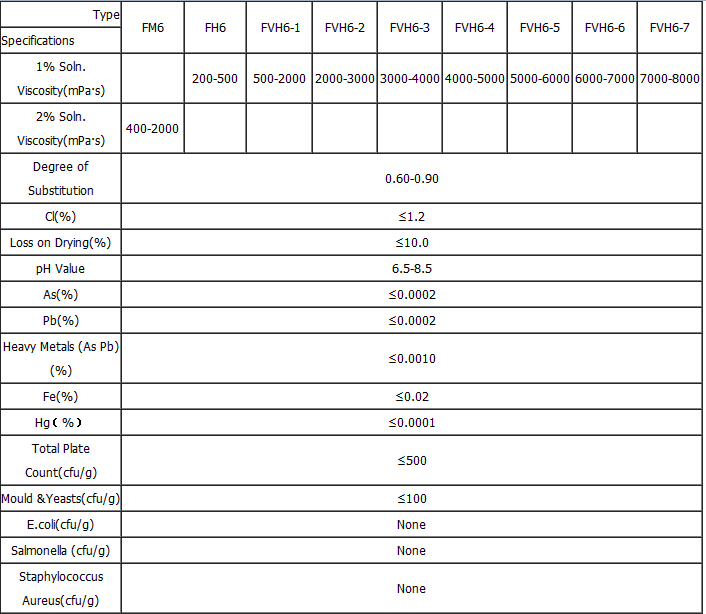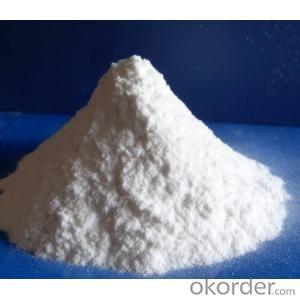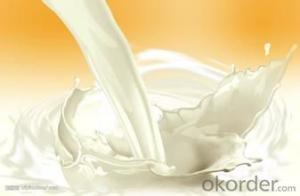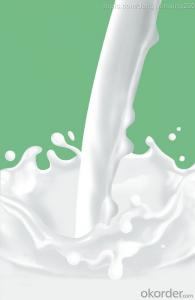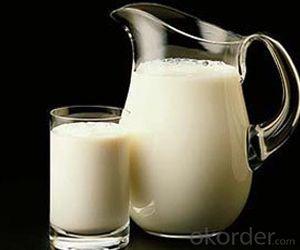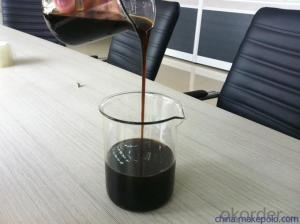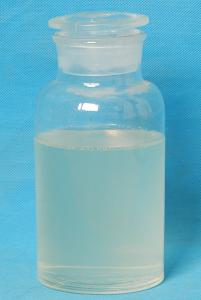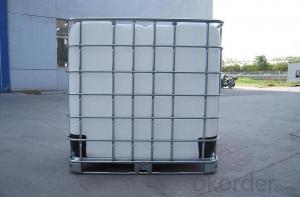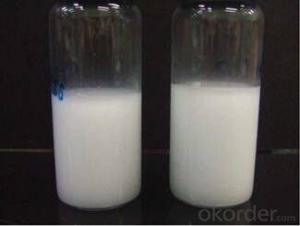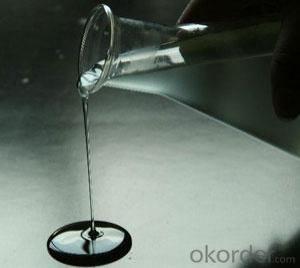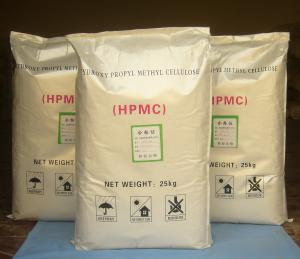Food Grade CMC Carboxymethyl Cellulose FVH6-A3
- Loading Port:
- Shanghai
- Payment Terms:
- TT OR LC
- Min Order Qty:
- 20 m.t.
- Supply Capability:
- 8000 m.t./month
OKorder Service Pledge
Quality Product, Order Online Tracking, Timely Delivery
OKorder Financial Service
Credit Rating, Credit Services, Credit Purchasing
You Might Also Like
| Food Grade CMC Used as additive in food field, CMC has the functions of thickening, suspending, emulsifying, stabilizing, shaping, filming, bulking, anti-corrosion, retaining freshness, acid-resisting, health protecting, etc. It can replace the application of guar gum, gelatin, agar, sodium alginate, and pectin. It is widely used in modern food industry, such as frozen food, solid drink, fruit juice, jam, lactic acid drinks, condiment, biscuit, instant noodles, bakery products, meat products, etc. Our food grade CMC has good thickening property, water retention, dispersion stability, filming and chemical stability. It has high viscosity even in low concentration, and makes the food taste delicate and smooth; it can reduce the syneresis of food and extend the shelf life; it can control the crystal size in frozen food and prevent the stratification between oil and water; In acid system, our anti-acid products have good suspending stability, so it can improve the stability of milk and the impedance ability of protein; our CMC can be used together with other stabilizers and emulsifiers to complement each other, strengthen each other’s effect and reduce the cost. |
|
Technical Specifications of Food Grade CMC(1)
|
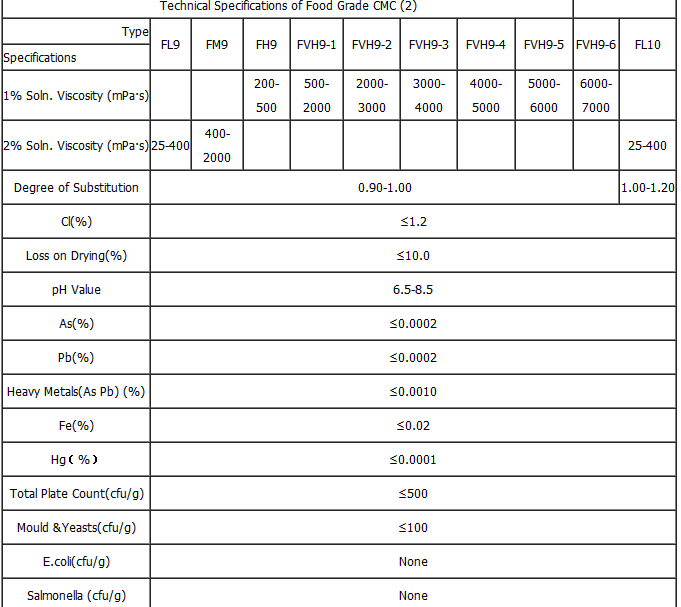 |
- Q: On the milk or other drinks into a milk flavor of the swap,
- It is a kind of food flavor, add to the cakes will emit a strong milk flavor, play a role in increasing appetite.
- Q: i have a 1974 nova and people keep telling me i need to put a lead additive into my gas. is this true. the vehicle has an inline 6 motor.
- no but i tmight ping a little if it does just add some octain booster
- Q: I‘m talking about american brands. Not anything flout have to order online. Please don‘t leave dumb answers either. I really want to know.
- The better brands like Skoal and cope have less crap in them. I'd say Skoal pouches are about the best you're going to find. A little piece of advice though, just try and quit honestly. I dipped for a long time, and smoked as well. The nicotine gums was very very helpful for me, and I quit w/o too much difficulty. I figured hell, they're similarly priced, and at least the gum wasn't messing up my teeth and gums and giving me all the additives.
- Q: I need to find the inverse of -2x + 3y – 4z and put it in simplified possible form?
- additive inverse is that number with which you add the original number and get zero so the additive inverse of this number is -(-2x+3y-4z) 2x-3y+4z when you add this additive inverse with the original number provided in the question you get zero
- Q: .learning disabilities in kids?FDA has been asked to ban 8 food dyes after a study has shown that they cause hyperactivity and learning disabilities in children. controlled studies have shown over the three decades. have shown that children‘s behavior can be worsened by some artificial dyes.says Center for Science in the Public Interest. over the years the FDA has disputed the center‘s assertion although this study began about 1970‘s, well-controlled studies since then claims there is no evidence to support the study mentioned above. an FDA spokesperson said Tuesday that color additives undergo safety reviews prior to approval for marketing.and samples of each coloring are testeddyes are used in countless foods that children consume to simulate vegetables candies, sodas , and snack foods. and are most prevalent in cereals. request for ban are: Yell 5. Red 40. Blue 1.Blue 2. Green 3.Orange B.Red 3. Yell 6.Have you heard about this study? is there a link?.WYT?
- cow manure and sand , if you add seaweed your adding salt ,back to square one , hay compost sand , cow manure will grow any thing. no horse ,pig , or sheep, or kangaroo
- Q: Why do cigarettes have all those additives and where can i get a list of what additives are in a cigarettegt;
- Some for flavour, some make burn faster etc. Not know all reasons. Link: The list of 599 additives approved by the US Government for use in the manufacture of cigarettes is something every smoker should see. Submitted by the five major American cigarette companies to the Dept. of Health and Human Services in April of 1994, this list of ingredients had long been kept a secret.
- Q: please help! I need it for my report.
- Sodium Nitrite. Nearly all processed meats are made with sodium nitrite: breakfast sausage, hot dogs, bacon, lunch meat, and even meats in canned soup products. Yet this ingredient may be a precursor to highly carcinogenic nitrosaminespotent cancer-causing chemicals that may accelerate the formation and growth of cancer cells throughout the body. In a University of Hawaii study, participants who consumed the most processed meats showed a 67 percent increased risk of pancreatic cancer over those who consumed little or no meat products. The U.S. Department of Agriculture (USDA) actually tried to ban sodium nitrite in the 1970s, but was preempted by the meat processing industry, which relies on the ingredient to make foods look more appealing. Some meats are now processed without using sodium nitrite, and the USDA has set limits on the quantities in which it can be used.
- Q: single trait cross double trait cross codominant polygenic none of the above .
- polygenic Poly many, genic genes. When many (2+) genes contribute in an additive manner, it is a polygenic trait. Skin pigmentation is a good example. The more 'dark' alleles one has for the genes controlling melanin, the darker the skin. In codominance, two (or more) genes are all expressed, but not in an additive manner. Roan cattle have both red and white hair. Both the red and the white genes are expressed, but not additively.
- Q: object colour: magentaligh colour : green why is the light colour reflected black!!!????????object colour: yellow light colour: blue why is light colour reflected black???i dont understand!!!
- RGB vs CMY The additive colour thought states that an merchandise reflects or transmits easy of right here colours by potential of including the two next to it (or leaving out the only that is lacking: purple - Y+M green - C+Y Blue - C+M while subtractive colour thought states that an merchandise absorbs right here colours and produces the only next to them: Cyan - purple Magenta - green Yellow - Blue Or by potential of subtracting those 2 colours from one yet another: Cyan - G-Y Magenta - B-Y or R-C (there are conflicting theories approximately this one for the reason that magenta is genuinely an imaginary colour) Yellow - G-C SO: a Yellow balloon is a balloon that reflects yellow easy. for the reason that there is yellow in green it is going to reflect that and look yellow in case you shine a magenta easy one it, magenta -green that's comparable to purple plus blue. for the reason that yellow is absorption of blue, purple would be contemplated: it is going to be purple
- Q: what additives can i add to home heating oil to clear unwanted deposits?
- Pro is correct. You can but additives all day long and still have deposits in your system. Most systems should have a water separator/filter and an additional final filter. Keep them changed regularly.
Send your message to us
Food Grade CMC Carboxymethyl Cellulose FVH6-A3
- Loading Port:
- Shanghai
- Payment Terms:
- TT OR LC
- Min Order Qty:
- 20 m.t.
- Supply Capability:
- 8000 m.t./month
OKorder Service Pledge
Quality Product, Order Online Tracking, Timely Delivery
OKorder Financial Service
Credit Rating, Credit Services, Credit Purchasing
Similar products
Hot products
Hot Searches
Related keywords
